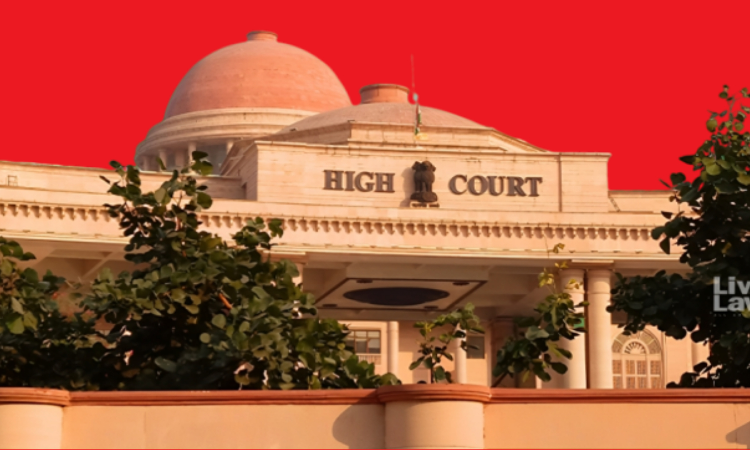Writ Petition Raising Service Disputes Not Maintainable Against Private Educational Institution: Allahabad High Court
Sparsh Upadhyay
10 Jan 2023 1:16 PM IST

Next Story
10 Jan 2023 1:16 PM IST
The Allahabad High Court recently observed that the employees of a private educational institution do not have the right to invoke the writ powers of the High Court in respect of matters relating to service where they are not governed or controlled by the statutory provisions. The bench of Justice Ramesh Sinha and Justice Subhash Vidyarthi observed thus while denying relief to...
